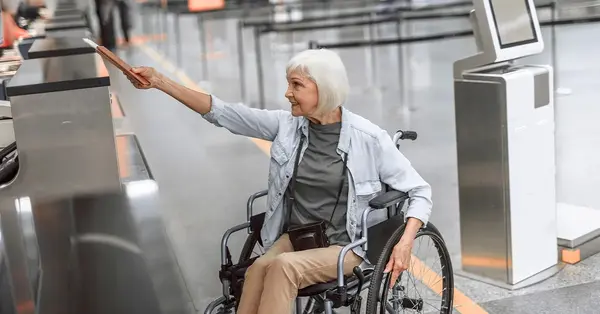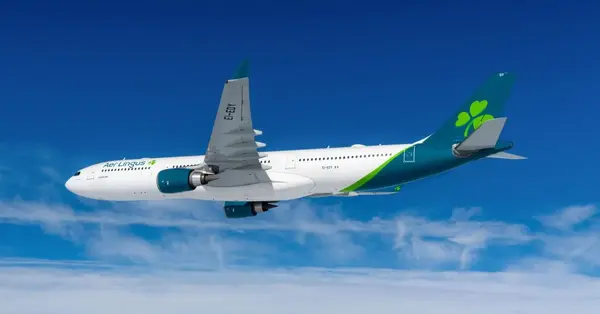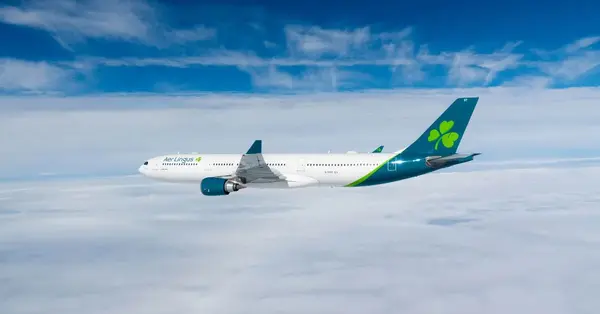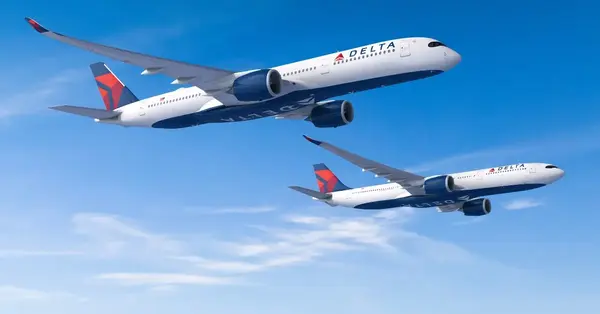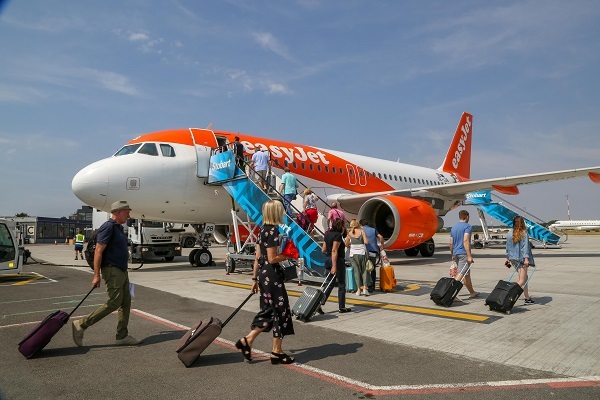You are viewing 1 of your 2 free articles
High Court backs CAA in Ryanair refunds battle
Ryanair should compensate customers whose flights were cancelled due to strike action, the High Court has ruled.
The carrier claimed “extraordinary circumstances” meant it did not need to pay out to passengers affected by delays and cancellations during strikes by pilots and cabin crew in 2018.
But on Thursday the High Court backed the view of the Civil Aviation Authority (CAA), which took legal action against the airline under EU law.
CAA director Paul Smith said: “Ryanair has refused to pay compensation to passengers affected by industrial action taken by its pilots in 2018. We believed that these passengers were in fact protected by law and that Ryanair could not claim its delayed and cancelled flights were ‘extraordinary circumstances’.
“The High Court has today agreed with our interpretation of the law.
“We are committed to protecting the rights of air passengers and are determined to ensure all airlines comply with their legal obligations.”
The CAA told affected customers that they should await further information before pursuing claims, as Ryanair has the right to appeal the judgment.
Rory Boland, editor of Which? Travel, said: “The CAA deserves credit for pursuing this case on behalf of passengers affected by Ryanair strikes in 2018, but the length of time it has taken to get to this point shows that the regulator lacks the powers it needs to take swift and effective action against airlines that break the rules.
“The law is clear that passengers must be compensated, and Ryanair should not appeal. It should now do the right thing and pay the compensation it owes to prevent this process from dragging on any longer. The airline should also proactively inform affected passengers of their rights and the outcome of the case.”
More: Ryanair donates €1.5 million to sustainable aviation project




